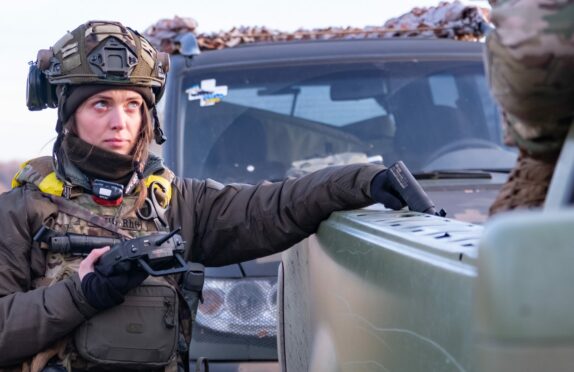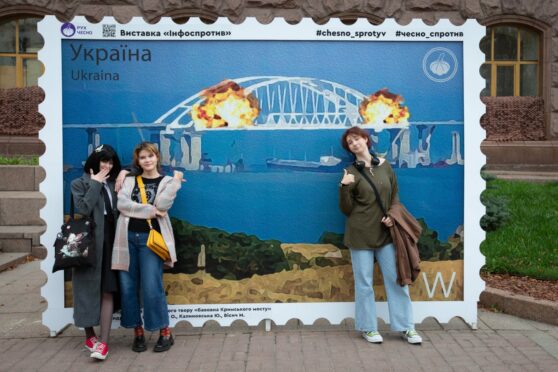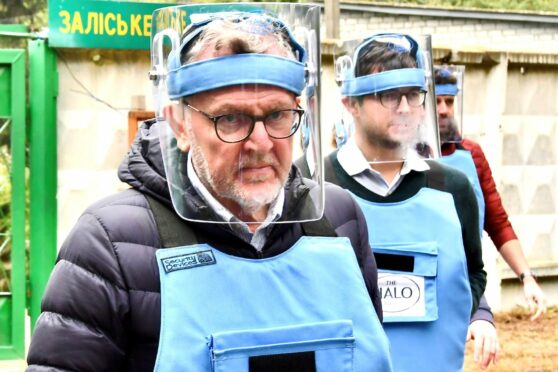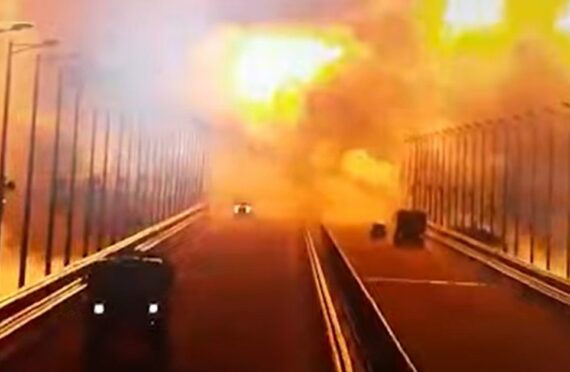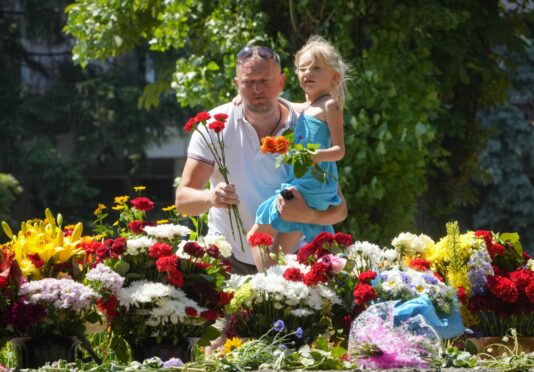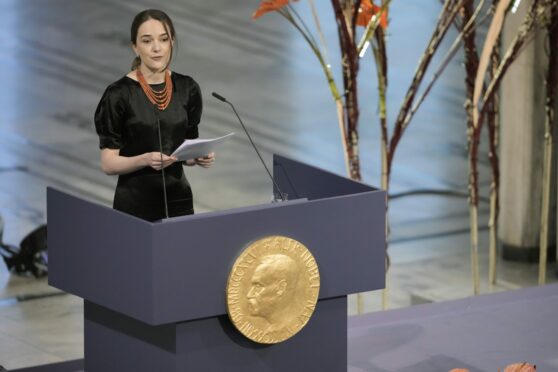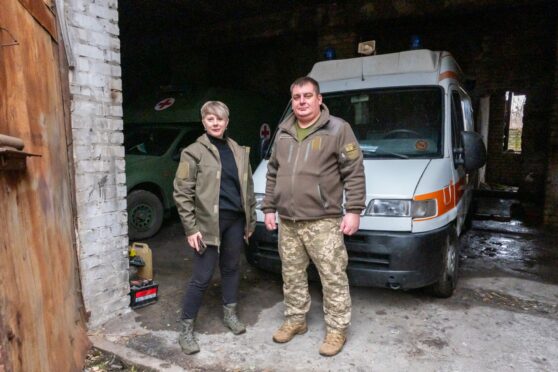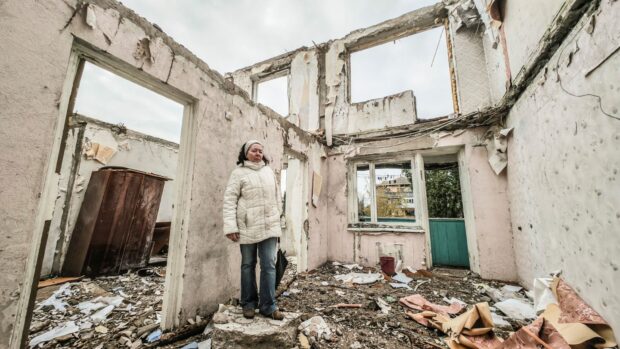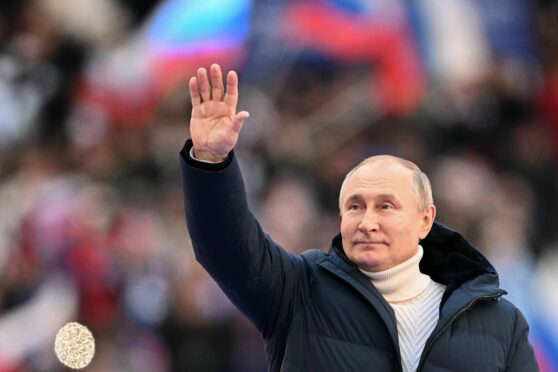
Vladimir Putin’s televised diatribe on Wednesday was venomous and suggests any notion he is seeking a peace deal in Ukraine must be treated with scepticism, according to an expert in Russian politics.
Putin rang Turkish president Recep Tayyip Erdogan on Thursday and told him Russia’s demands for a deal, including Ukraine not joining Nato, demilitarisation of Ukraine and its formal acceptance that Crimea is now part of Russia.
The discussion took place a day after a television speech by Putin, in which he attacked “scum and traitors” undermining Russia and being used by the West as a “fifth column” to destroy the country.
Dr Ben Noble, associate professor of Russian politics at University College London, said: “Putin’s rhetoric really hasn’t softened. If anything, it has become more venomous, with a lot of that anger directed towards what he described as fifth columnists within Russia itself.
“In a sense, we should be separating what Putin is saying regarding the situation in Russia from his commentary about the possibility of a negotiated peace settlement in Ukraine but, of course, they are intimately connected.
“Putin’s speech was not that of a president who’s getting ready to relax his posture or back down, even if that were in the form of a peace deal that he would be to sell to the Russian people as a victory. I think we still have to be very cautious and not assume a negotiated settlement is around the corner.”
Putin’s press secretary Dmitry Peskov, when asked by journalists on Wednesday about the president’s health, said his emotional state was stable.
Prof Noble said: “But the impression from Putin’s speech is of an increasingly emotional response to developments in Ukraine and in Russia, which are not going to the Kremlin’s plan, despite statements to the contrary.
“We saw the extent to which Putin was willing to say those people who have called for peace or who have left the country were automatically traitors. He set up a binary choice of ‘you’re either with us or you’re against us’.
“By taking this aggressive approach, the Russian president is trying to spread a chilling effect so that people don’t criticise the war but also to prevent any direct criticism of him.
“The worry for Putin is the possibility of a cascade effect of elite defections and of the population changing its mind. If that happens, then he’s in real danger. I’m not saying we should expect a coup anytime soon, but the fear of criticism of the war spilling over into criticism of the president was probably part of the calculation informing the content and tone of the address we saw on Wednesday.”

Enjoy the convenience of having The Sunday Post delivered as a digital ePaper straight to your smartphone, tablet or computer.
Subscribe for only £5.49 a month and enjoy all the benefits of the printed paper as a digital replica.
Subscribe